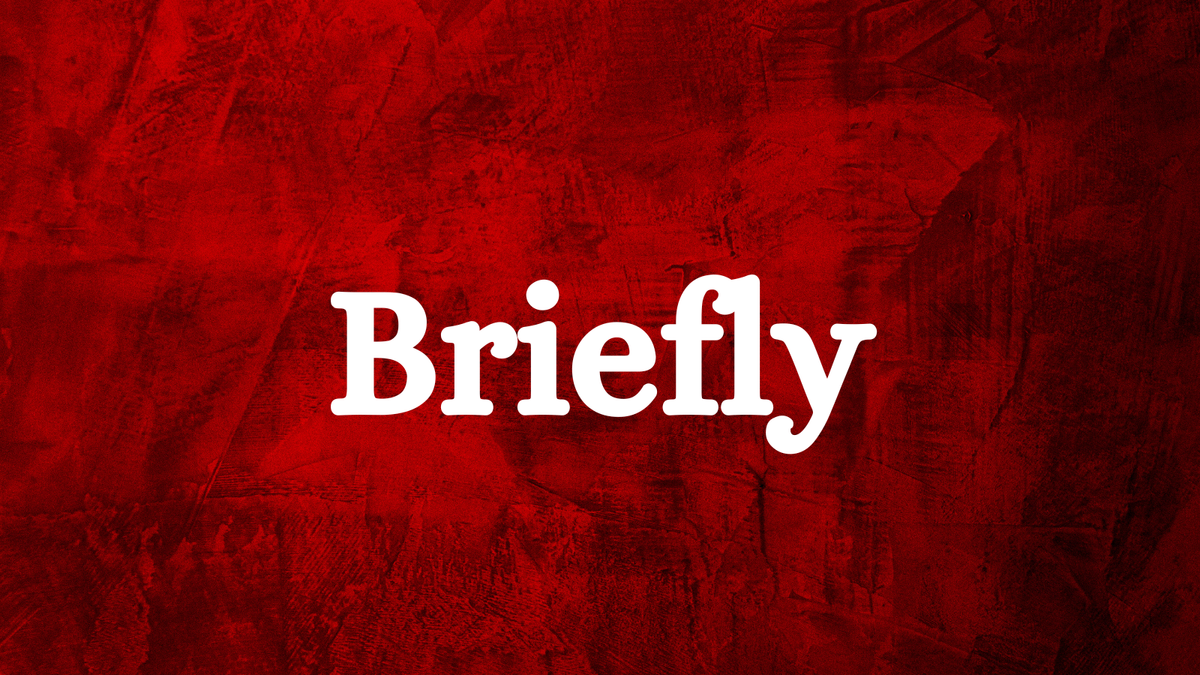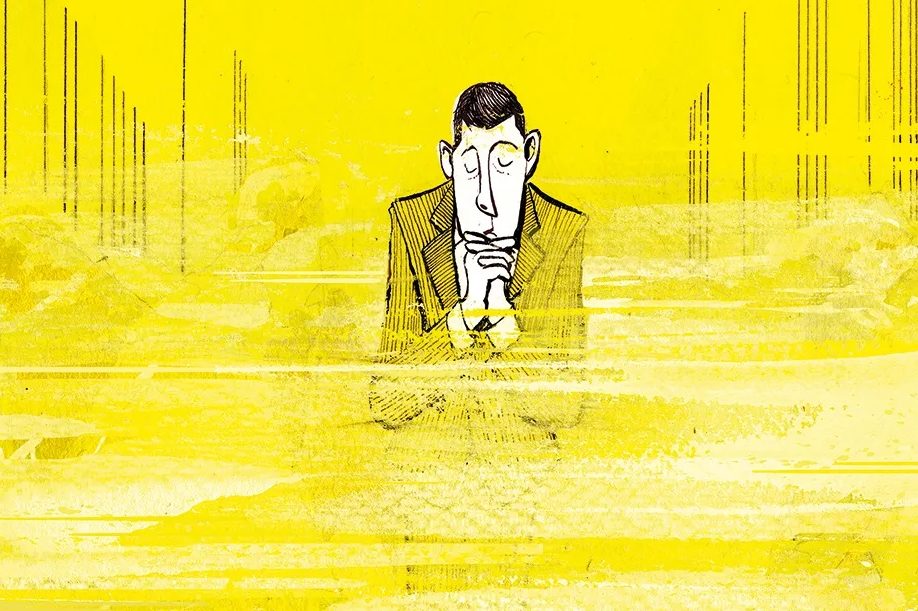More Skeptics are at Least Scratching Their Heads about God These Days
Justin Brierley at Spectator World


Tom Holland recently invited me to attend a service of Evensong with him at London’s oldest church, St. Bartholomew the Great.
Holland, who co-hosts the phenomenally popular The Rest is History podcast, has been a regular congregant for a few years. He began attending while researching Dominion, his bestselling book which outlined the way the first century Christian revolution has irrevocably shaped the twenty-first century West’s moral imagination. It also recounts how Holland, a secular liberal westerner who had lost any vestige of faith by his teenage years, came to realize he was still essentially Christian in terms of his beliefs about human rights, equality and freedom.
Holland is not alone as an agnostic trying out church again. In contrast to the usual ageing demographic of many Anglican churches, the congregation of St. Bart’s seems to mainly consist of young professionals, both male and female. I noticed a famous politician among the gathered faithful, and was told that a well-known melancholy rock star has also been frequenting the church of late.
Despite the fact that “smells and bells” aren’t part of my own church tradition, I found the blend of sacred choral music, candlelit arches and incense-infused worship to be an intoxicating experience. I imagine that many people in the pews are likewise turning up for a mystical encounter as much as the preaching and prayers.
I also believe Holland’s journey reflects a wider turning of the secular tide in the West, a phenomenon I document in my book The Surprising Rebirth of Belief in God.
The New Atheists of the early 2000s — led by Richard Dawkins, Sam Harris, Christopher Hitchens and Daniel Dennett — predicted a utopia founded upon science and reason once we had abandoned religion. But their bestselling books proved to be full of empty promises. All that our post-Christian society has delivered so far is confusion, a mental health crisis in the young and the culture wars. It’s not surprising then that a movement of New Theists has sprung up.
Influencers such as Joe Rogan and Douglas Murray are increasingly talking about the value of Christian faith and the dangers of casting it off. The former new atheist Ayaan Hirsi Ali has been praising the virtues of our Judeo-Christian heritage, after becoming convinced that secular humanism cannot save the West. The women’s rights campaigner Louise Perry has been advocating for a return to traditional Christian morality since writing her book The Case Against The Sexual Revolution. The evolutionary biologist Bret Weinstein often describes religion as “metaphorically true.” Secular psychologists such as Jonathan Haidt and John Vervaeke have written extensively about the value of faith in the midst of a “meaning crisis” in the West.
Another significant voice speaking about the value of Christianity is the psychologist Jordan Peterson. In November I attended a lecture by him at London’s O2 Arena. As he often does, he pointed his vast audience of mainly young men back to the Bible as a source of deep wisdom about the human condition.
It was clear, though, that while Peterson thinks of Christianity as useful, he struggles to believe that it is true. He applies his Jungian eye to the Bible and detects “deep patterns of symbolism and meaning.” Yet, as is also the case with Weinstein, Haidt and Vervaeke, such an appraisal of faith still only amounts to regarding religion as a “useful fiction” for making sense of life.
Read the rest (subscription required)


